Karl and Matt Hendel, co-owners of Hendel Farms, have always had a clear vision of farming together. Matt emphasized that he couldn’t envision partnering with anyone else and would not have it any other way.
“He is the best partner I could have,” expressed Matt.
The brothers divide their duties, each excelling in their respective areas. Matt, who studied animal sciences at the University of Minnesota, oversees the genetics program and ensures herd health. Meanwhile, Karl manages feeding, crop management, and paperwork. Karl is the paymaster and Matt does the hiring.
The Hendel family has owned the farm since 1869, with roots tracing back to their great-grandfather who immigrated from Luxembourg, one of the world’s smallest countries, in 1867. Initially, he acquired 80 acres, later expanding with the purchase of the current 80 acres on Gap Road west of Caledonia. Karl and Matt further expanded their holdings by purchasing another 80 acres, where their aunt lives, and later acquired another property.
Their parents lived in the two-story brick home built in 1877 by John Kass.
Matt explained that while his great-grandfather initially kept a few Shorthorns, it was his grandfather who laid the foundation for the Brown Swiss herd, in 1922. The Hendels have since continued to raise Brown Swiss for over a century. Upon forming their partnership in 1991, Karl and Matt, with 35 Brown Swiss, expanded their enterprise by incorporating Holsteins into their operation.
Interestingly, it has been a two-family farm for three generations. Matt and Karl’s grandfather farmed with his brother until the ‘50s, when the brother died in a farm accident; then his sons started running the farm together. In the early 1990s, Matt and Karl bought their uncle out and then farmed with their dad. As their dad got older, they purchased his assets.
Matt said he did not know his grandmother but said she was “some kind of woman” who helped out on the farm “a little bit.” He explained that he read the letters she wrote to his dad when he was stationed in Korea noting that she was pretty funny. She helped on the farm “a little bit” and her experiences on the farm that she shared with her son are the same things that happened on the farm today. For example, employees not showing up for work, the price of pigs going up or down, or people having trouble with this or that.
Cats are a staple on farms, and the Hendel farm is no exception. “We like having a few around,” confirmed Matt. Their father had a fondness for the cats that frequented the back door.
Karl is single, and Matt is married to Pam and the couple has three daughters, Hannah, Lauren and Sydney. Matt proudly shared a photo of his new grandson Parker.
Last June 2023 during Dairy Month, the Minnesota (MN) Department of Agriculture recognized the Hendel Dairy Farms for superior cow care. According to an article in the Fillmore County Journal, MN Agriculture Commissioner Thom Petersen released the annual list of top Minnesota dairy herds with low somatic cell counts (SCC) noting that somatic cell count is a key indicator of milk quality. A lower SCC count is better for cheese production and a longer shelf life for bottled milk.
They have around 400 milking cows, 380 young stock, and also raise bulls.
The brothers also have a genetic program and sell embryos to Japan, Italy, France, and Germany. The bulls are part of their genetic program, and are sold domestically.
Technology plays a big role on the farm. For example, Matt demonstrated how he uses his cell phone to review reports and watch live images of mothers about to give birth.
Matt shared a good thing about dairy farming. “I hate to see animal agriculture leave the area. We have hay and row crops. When we have a three-year to four-year rotation of alfalfa there is almost zero net erosion off that ground. A tenth of a ton of soil loss per year compared to your average row crop. Average row crop conventional tillage is over three tons of soil loss per year… When you run row crops, there will be more erosion.”
Currently, the farm employs eight full-time workers, along with part-time employees and four part-time high school students that help with calf feeding and milking. The farm’s herdsman, Lucas, began working with the Hendels during his teenage years. After completing his education in animal science at the University of Minnesota, he returned to Hendel Farms. His dream is to eventually own a farm. Matt explained that they enjoy assisting others get started in farming.
Most farmers take care of their community, land and cattle. Matt explained, “It all works together. Their cattle can’t do well if they don’t take good care of their land. Their land won’t do good if they don’t take care of their animals.” He continued by comparing dairy farming to a wheel with many spokes. “Each spoke is critical to your success. Every aspect of dairy farming between calf care, cow care, breeding, feeding and milking management. All the aspects work together to form a solid wheel, and if you skip an area you are going to have a bumpy road.”

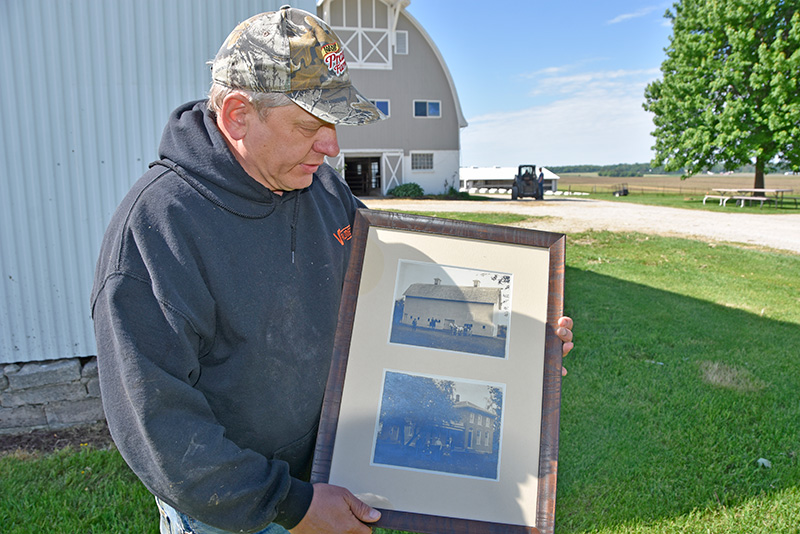
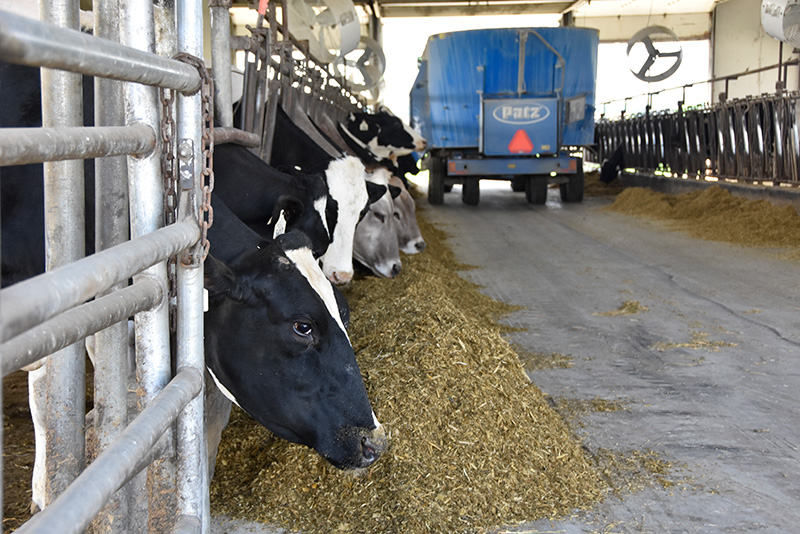
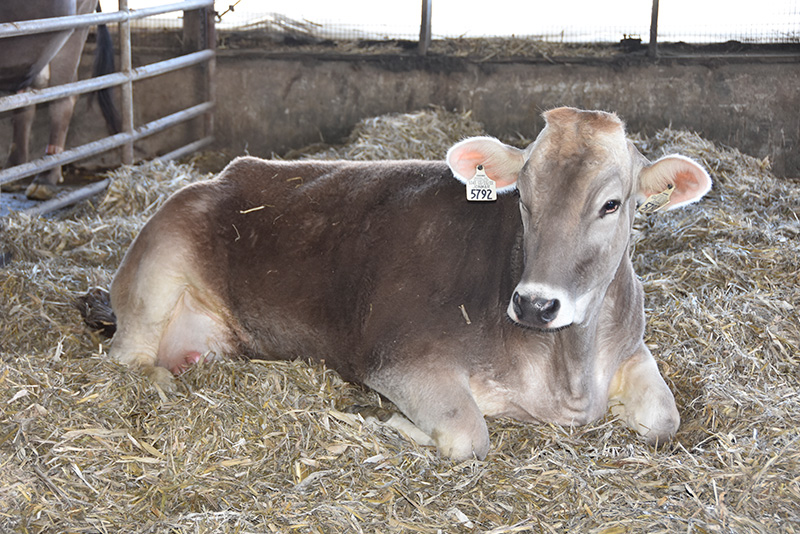
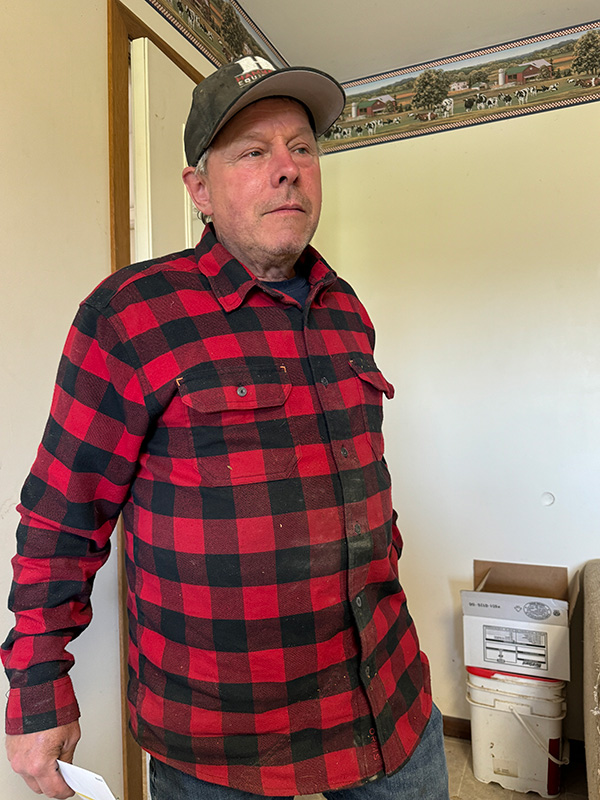
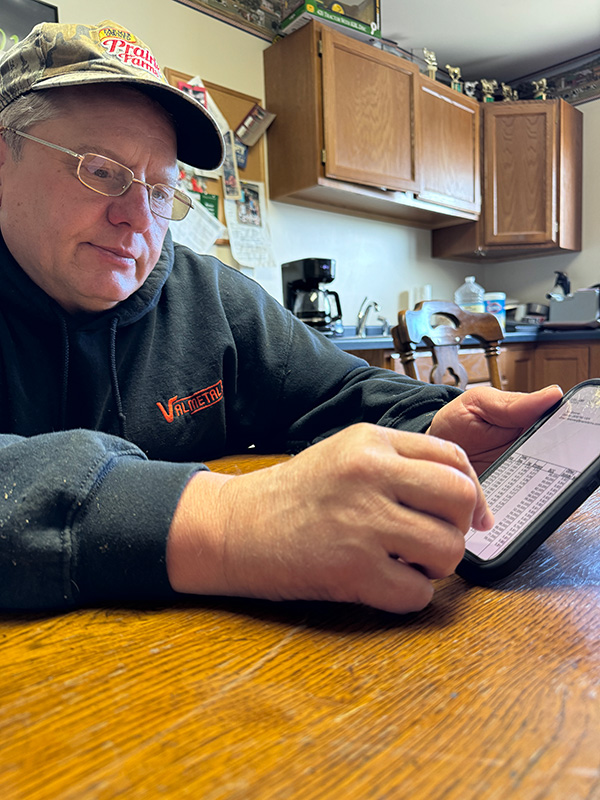
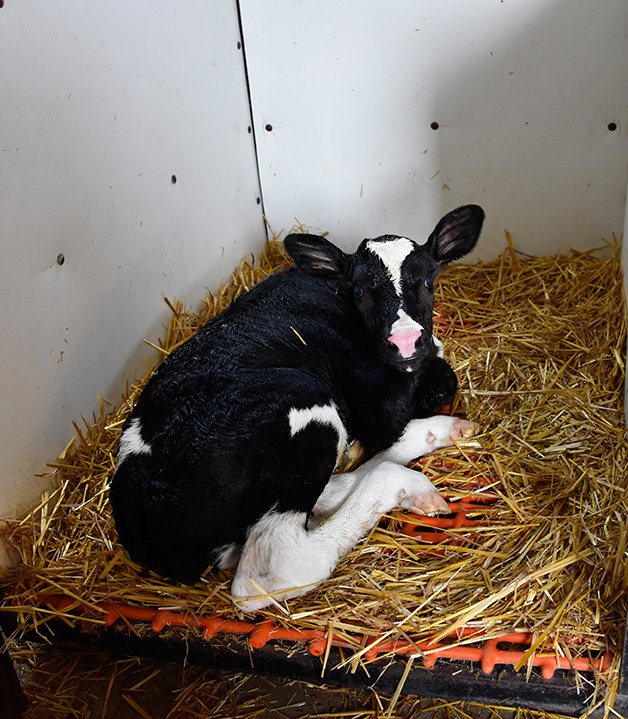
Leave a Reply